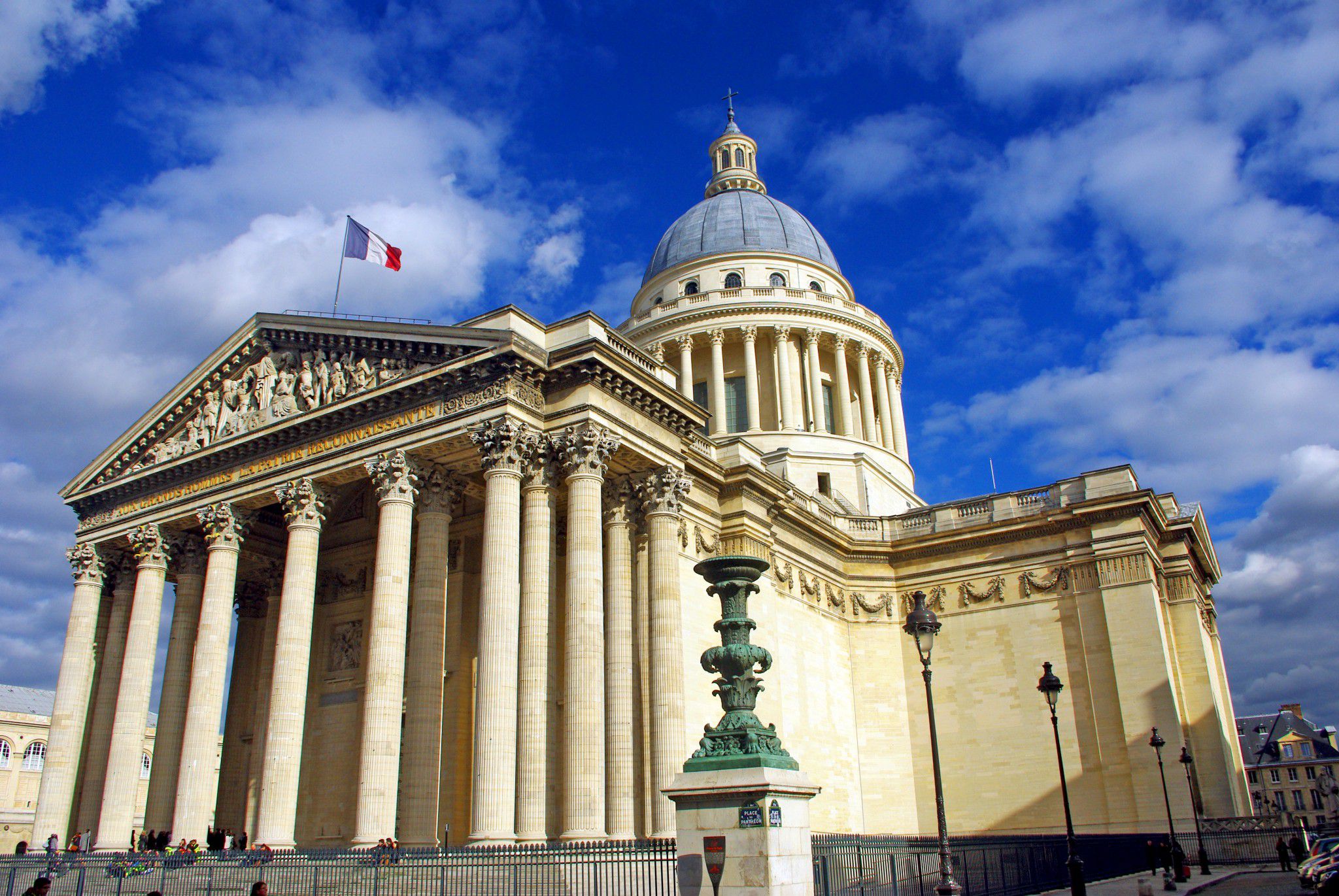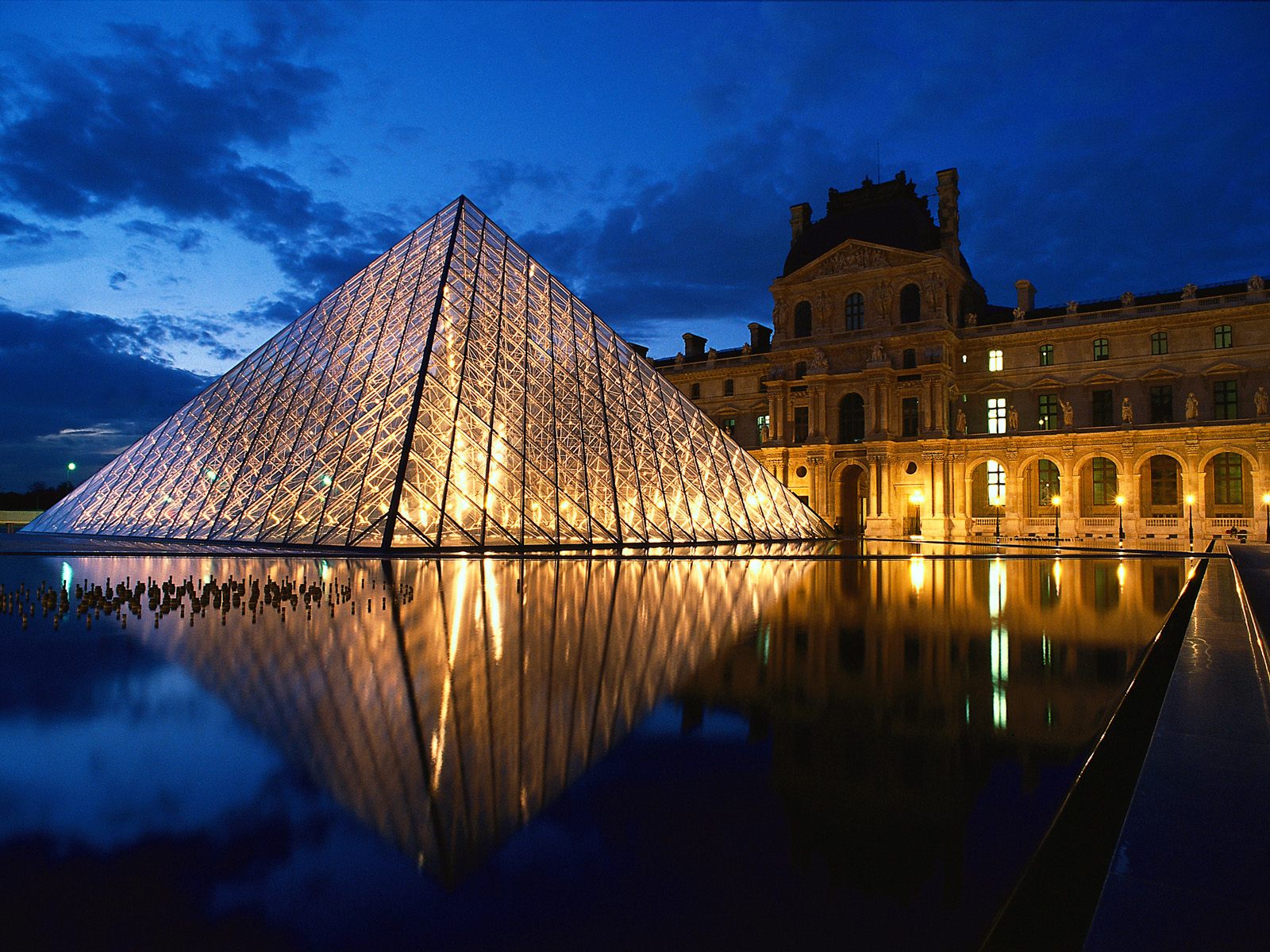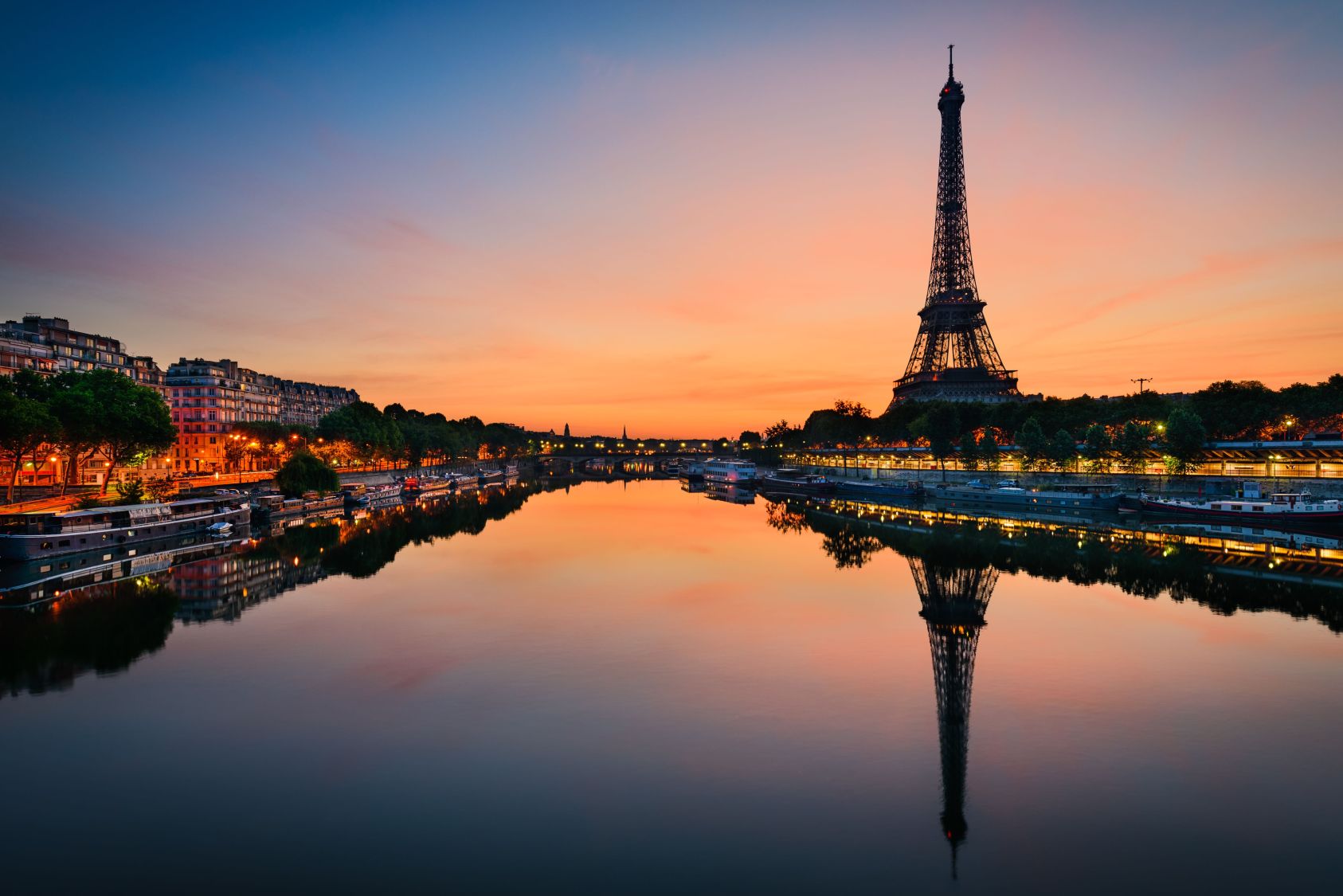France And Iran: Navigating A Labyrinth Of Diplomacy And Distrust
The relationship between France and Iran is a complex tapestry woven with threads of historical engagement, economic interests, and profound geopolitical disagreements. Far from a straightforward alliance or rivalry, it represents a delicate balancing act where diplomatic overtures often clash with deeply entrenched mistrust, particularly concerning Iran's nuclear ambitions and its regional role. Understanding this intricate dynamic is crucial for anyone seeking to grasp the broader stability of the Middle East and the evolving landscape of international relations.
From Paris's perspective, led by President Emmanuel Macron, Iran bears a heavy responsibility for destabilisation in the Middle East. This sentiment is frequently voiced, alongside concerns that Tehran has pushed ahead with an unjustified nuclear programme. Yet, despite these strong condemnations, France consistently seeks avenues for dialogue, recognizing Iran's potential to contribute to peace and stability, and to regain a constructive place in the international community. This article delves into the multifaceted layers of the France-Iran relationship, exploring the pivotal issues that define it, the diplomatic efforts to manage tensions, and the underlying historical context that shapes their interactions.
Table of Contents
- The Nuclear Conundrum: A Central Pillar of Discord
- Economic Ties and Their Vulnerability
- Diplomatic Maneuvers Amidst Regional Tensions
- Ensuring Citizen Safety: Travel Warnings and Repatriation
- Iran's Regional Posture and Geopolitical Dynamics
- Historical Threads: A Foundation for Modern Engagement
- The Path Forward: Dialogue and De-escalation
- Conclusion: Navigating the Future of France and Iran
The Nuclear Conundrum: A Central Pillar of Discord
The most prominent and persistent point of contention between France and Iran revolves around Tehran's nuclear program. For years, this issue has cast a long shadow over their bilateral relations, serving as a primary determinant of the broader business and political climate. French President Emmanuel Macron has been particularly vocal, stating on multiple occasions that Iran bears a heavy responsibility for destabilisation of the Middle East, primarily due to its nuclear advancements. He has consistently asserted that Iran has pushed ahead with an unjustified nuclear programme, echoing concerns shared by many Western nations. This stance is not new; France has repeatedly condemned the Iranian nuclear program, viewing it as a significant threat to regional and global security. The international community, including France, has consistently expressed alarm over reports from UN atomic weapons watchdogs indicating that Iran is flouting deals over its development of nuclear power. Such actions are seen by Paris as stoking international tensions, making the nuclear issue a critical barometer for any potential shifts in the business climate within Iran. The prospect of a negotiated solution is often highlighted by France and its European partners, who emphasize the promising prospects that could emerge for Iran should it choose a path of cooperation and transparency. However, the present worsening of the nuclear crisis remains a grave concern, with the potential to significantly damage France's economic cooperation with Iran in the long run.Macron's Stance on Iran's Nuclear Program
President Macron's position on Iran's nuclear ambitions is firm and consistent. He has not only condemned the program but also reaffirmed Israel’s right to protect itself, particularly after the IDF launched widespread strikes in response to perceived threats. This dual emphasis – condemnation of Iran's nuclear activities and support for Israel's security – underscores the delicate balancing act France attempts to maintain in the region. Macron's office has voiced "concern over the current escalation, with Israeli strikes increasingly hitting targets not linked to Iran’s nuclear or ballistic program, and a mounting number of civilian victims in Iran and Israel." This indicates a French desire to see de-escalation from all sides, even while acknowledging the initial provocations. The French president has also urged Israel to end strikes on targets in Iran not linked to nuclear activities or ballistic missiles, demonstrating a nuanced approach aimed at preventing further escalation while still addressing the core issue of nuclear proliferation.International Calls for Negotiation
The diplomatic front remains active, with top diplomats from Britain, France, and Germany consistently calling on Iran to quickly return to the negotiating table over its nuclear program. This collective European stance highlights a shared belief that diplomacy remains the most viable path to de-escalation and resolution. The ministers of foreign affairs of France, Germany, and the United Kingdom, together with the high representative of the European Union, held a phone conversation with their Iranian counterpart on Monday, 16 June 2025, regarding the ongoing conflict between Iran and Israel. This indicates a sustained effort to engage Tehran directly on pressing regional issues, even amidst heightened tensions. There is a clear willingness among these European powers to resume talks, emphasizing that a negotiated solution is paramount for regional stability.Economic Ties and Their Vulnerability
Beyond the political rhetoric and security concerns, economic cooperation forms another crucial, albeit fragile, pillar of the France-Iran relationship. Historically, France has been a significant trading partner for Iran, with interests spanning various sectors. However, the volatility of geopolitical events, particularly those surrounding the nuclear issue, directly impacts this economic relationship. The statement that "the nuclear issue will determine any changes in the business climate in Iran" succinctly captures this reality. Sanctions, political instability, and the risk of escalation create an environment of uncertainty that deters long-term investment and robust trade.Business Climate and Future Prospects
The promising prospects that would result from a negotiated solution have been consistently emphasized by France and its European partners to Iran. A resolution to the nuclear crisis, coupled with a more constructive regional role from Tehran, could unlock significant economic opportunities, benefiting both sides. French companies, known for their expertise in areas like energy, automotive, and infrastructure, stand to gain from a more stable and open Iranian market. Conversely, Iran could benefit from French investment, technology, and access to European markets. However, the current reality paints a different picture. The present worsening of the nuclear crisis could indeed damage France's economic cooperation with Iran in the long run. When political tensions escalate, and the threat of further sanctions or conflict looms, businesses become risk-averse. This leads to a decline in trade, postponed investments, and a general chilling effect on economic ties. The French Foreign Minister made a point of discussing the importance of developing various ties with Paris, indicating Iran's own desire to foster economic engagement, but the political climate remains a significant hurdle. For the economic relationship to truly flourish, a fundamental shift in the nuclear standoff and regional stability is required.Diplomatic Maneuvers Amidst Regional Tensions
France's diplomatic engagement with Iran is a continuous effort to manage and de-escalate regional tensions, especially those involving Israel. Paris often positions itself as a mediator, seeking to bridge divides and prevent wider conflicts. This role is particularly evident in the context of the ongoing Israel-Iran conflict, where France has actively sought to put forward proposals for resolution.France's Role in the Israel-Iran Conflict
The conflict between Israel and Iran has been a major focus of French diplomacy. French President Emmanuel Macron confirmed on Friday that France would aid Israel if Iran escalated, echoing a similar stance to other Western allies. This commitment underscores France's alignment with Israel's security concerns, particularly in the face of Iranian threats. At the same time, France and other European nations have expressed a willingness to make a diplomatic and technical offer to Iran in order to end the conflict with Israel. This dual approach of supporting an ally while also seeking a negotiated settlement highlights France's complex and often challenging diplomatic position. The French government's concern extends to the broader humanitarian impact of the conflict. Macron's office voiced "concern over the current escalation, with Israeli strikes increasingly hitting targets not linked to Iran’s nuclear or ballistic program, and a mounting number of civilian victims in Iran and Israel." This statement reflects a desire to limit the scope of conflict and protect civilian lives, urging all parties to exercise restraint. The British government has also clarified that its forces have not been directly involved in any such support operations, with UK Prime Minister Keir Starmer highlighting the importance of restraint, indicating a shared European emphasis on de-escalation. Paris, with its European partners, is actively planning to put forward a proposal to resolve the conflict between Israel and Iran amid fears of a regional escalation, demonstrating a proactive approach to prevent a wider conflagration.Ensuring Citizen Safety: Travel Warnings and Repatriation
The escalating tensions between France and Iran have direct implications for their citizens. The safety and security of French nationals residing in or visiting Iran have become a significant concern for the French government, leading to official warnings and requests for immediate departure. This aspect of the relationship underscores the human cost and practical challenges posed by geopolitical friction. French authorities on Thursday requested its citizens to immediately leave the territory of Iran. This urgent directive reflects a heightened assessment of risk, likely influenced by the overall worsening of the security situation and the potential for arbitrary detentions or retaliatory actions. The French foreign ministry has also issued a warning to its citizens amid the release of one of its nationals who had been imprisoned in Iran for over 880 days. Such prolonged detentions of foreign nationals are a recurring issue in Iran, often perceived as a tool for political leverage, and they significantly contribute to the strained relations with Western countries. The repeated calls for nationals to leave, such as the one on Friday after Tehran accused Israel of killing a leader of Palestinian militant group Hamas on its soil, sparking regional tensions, illustrate the reactive nature of these warnings. They are often issued in response to specific incidents that elevate the risk profile for foreign citizens. These travel advisories serve as a stark reminder of the volatile environment and the imperative for governments to prioritize the safety of their citizens when diplomatic relations are fraught with tension and unpredictability.Iran's Regional Posture and Geopolitical Dynamics
Iran's foreign policy and regional actions are driven by a complex mix of national interests, ideological convictions, and security concerns. Understanding these motivations is crucial for comprehending its interactions with countries like France. Iran seeks to project influence and secure its borders, often leading to actions that are perceived as destabilizing by Western powers. One example of Iran's strategic maneuvering is its increasing military support to Armenia. Iran has its own reasons for this, mainly wishing to use it as a lever against Azerbaijan. This highlights Iran's pragmatic approach to regional alliances, where it supports various actors to counterbalance perceived threats or expand its sphere of influence. France’s involvement in the Middle East, while distinct, tells a similar story of a major power seeking to protect its interests and project influence in a volatile region. Both nations, in their own ways, are deeply enmeshed in the complex geopolitical dynamics of the Middle East and its periphery. Furthermore, Iran's pursuit of a robust nuclear program, despite international condemnation, is viewed by many as a bid for regional hegemony and a deterrent against external threats. This ambition directly contributes to the perception that Iran is stoking international tensions, as accused by France after the UN atomic weapons watchdog's reports. However, from Iran's perspective, these actions are often framed as necessary for its national security and sovereignty in a hostile neighborhood. The challenge for France and its partners is to find a way to encourage Iran to behave in a responsible and appropriate manner in dealing with the international and regional issues at stake, convincing it that a constructive place in the international community is more beneficial than isolation.Historical Threads: A Foundation for Modern Engagement
The relationship between France and Iran is not merely a product of contemporary crises; it is deeply rooted in a rich and complex history spanning centuries. This historical context provides a crucial backdrop for understanding the nuances of their modern interactions. While often overshadowed by current geopolitical tensions, the "history between France and Iran" reveals periods of significant cultural exchange, economic cooperation, and diplomatic engagement that predate the current era of suspicion. From the Safavid era onwards, there were various diplomatic missions and cultural exchanges. In the 19th and 20th centuries, France became a popular destination for Iranian intellectuals and students, fostering a degree of mutual understanding and admiration for each other's cultures. French was widely taught in elite Iranian schools, and French architecture and arts influenced Iran. This shared history of cultural appreciation and educational ties often resurfaces in diplomatic rhetoric, with the Iranian foreign minister making a point of discussing the importance of developing various ties with Paris. This suggests a lingering desire on Iran's part to leverage these historical connections for broader engagement, even as political differences persist. However, this history also includes periods of strained relations, particularly following the 1979 Islamic Revolution in Iran, which fundamentally reshaped Iran's foreign policy and its relationship with Western powers. Despite the ideological shifts, both nations have, at various points, sought to maintain channels of communication, recognizing the strategic importance of the other. Understanding this long and winding road of engagement, marked by both collaboration and confrontation, is essential for appreciating the resilience and challenges inherent in the France-Iran relationship today.The Path Forward: Dialogue and De-escalation
Despite the profound disagreements and escalating tensions, the consistent message from France and its European partners is one of a willingness to resume talks and find a negotiated solution. This commitment to diplomacy underscores the belief that dialogue, however difficult, remains the most viable path to de-escalation and long-term stability. France encourages Iran to behave in a responsible and appropriate manner in dealing with the international and regional issues at stake. This appeal is rooted in the conviction that Iran can contribute to peace and stability in the Middle East region and thus regain a constructive place in the international community. The emphasis is on a future where Iran plays a positive role, moving away from actions perceived as destabilizing. The ongoing diplomatic efforts, such as the phone conversation between European foreign ministers and their Iranian counterpart regarding the conflict between Iran and Israel, signify a persistent pursuit of dialogue. Paris is planning to put forward a proposal with its European partners to resolve the conflict between Israel and Iran amid fears of a regional escalation. This proactive stance demonstrates a genuine desire to find practical solutions and prevent a wider conflagration. The message is clear: there is a willingness to resume talks, including with all relevant parties, to address the core issues of the nuclear program, regional security, and the broader stability of the Middle East. The hope is that through sustained engagement, a pathway to de-escalation and a more stable relationship can eventually be forged.Conclusion: Navigating the Future of France and Iran
The relationship between France and Iran is undeniably complex, marked by a delicate balance of condemnation and engagement. From President Macron's firm stance on Iran's nuclear program and its role in regional destabilization, to the urgent travel warnings issued to French citizens, the challenges are clear and present. Economic ties remain vulnerable to geopolitical shifts, and diplomatic efforts are constantly tested by escalating conflicts, particularly between Iran and Israel. Yet, beneath these tensions lies a historical tapestry of interaction and a persistent European commitment to dialogue. France, alongside its partners, continues to emphasize the promising prospects that would result from a negotiated solution, urging Iran to adopt a more responsible regional posture. The future of this relationship, and indeed the broader stability of the Middle East, hinges on Iran's willingness to return to the negotiating table, address international concerns about its nuclear program, and contribute constructively to regional peace. We hope this comprehensive overview has shed light on the intricate dynamics at play between France and Iran. What are your thoughts on the role France plays in the Middle East? Do you believe diplomacy can ultimately resolve the nuclear crisis? Share your perspectives in the comments below, and explore our other articles for more insights into global geopolitical affairs.Article Recommendations



Detail Author:
- Name : Chadrick Kub V
- Username : terry.breanna
- Email : craynor@gmail.com
- Birthdate : 1971-12-24
- Address : 41454 Tatyana Road Apt. 863 North Caseymouth, UT 96833
- Phone : +1.580.910.7345
- Company : Greenfelder-Lubowitz
- Job : Anesthesiologist
- Bio : Ut possimus qui expedita vero. Ullam quibusdam distinctio ut consequatur nihil. Laboriosam velit odio et. Impedit eum dolores consequatur sed nostrum vero eum et.
Socials
linkedin:
- url : https://linkedin.com/in/onie_hintz
- username : onie_hintz
- bio : Expedita voluptas explicabo rerum sunt cum.
- followers : 5807
- following : 2302
twitter:
- url : https://twitter.com/onie_id
- username : onie_id
- bio : Assumenda a voluptates itaque a. Odio et nam dolorem molestiae aut repudiandae. Voluptas veritatis rerum veritatis omnis.
- followers : 6984
- following : 1009
instagram:
- url : https://instagram.com/onie.hintz
- username : onie.hintz
- bio : Non quisquam amet est quasi. Aut voluptatem sint est ut nesciunt rerum.
- followers : 6010
- following : 2559
tiktok:
- url : https://tiktok.com/@oniehintz
- username : oniehintz
- bio : Delectus sunt eveniet vel ut dolore.
- followers : 6122
- following : 2206
facebook:
- url : https://facebook.com/hintz2009
- username : hintz2009
- bio : Aut suscipit ipsum eveniet dolor. Placeat laudantium nihil et omnis.
- followers : 4448
- following : 2951